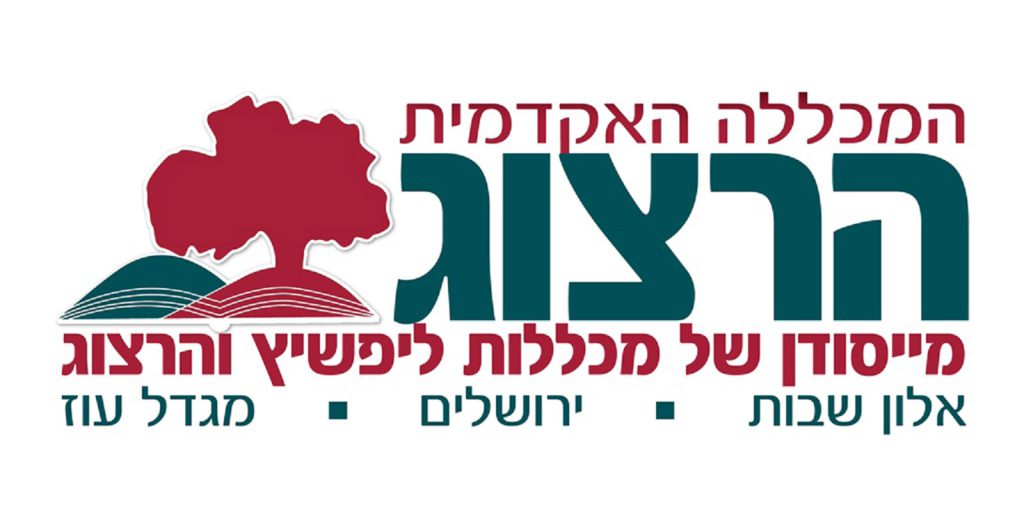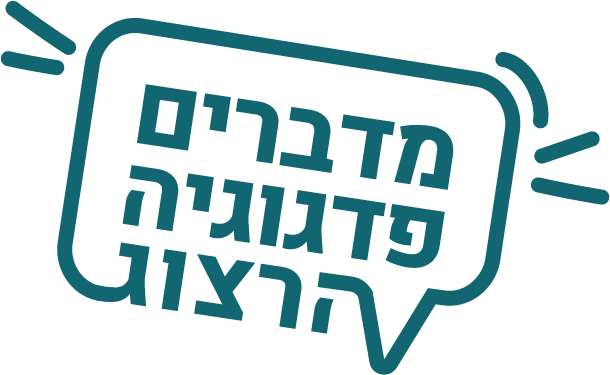Parashat Ki Tetzei includes the commandment of "yibum", a type of marriage in which the brother of a man who dies without children is permitted and encouraged to marry the widow. Either of the parties may refuse to go through with the marriage, but if so, both must participate in a ceremony, known as “chalitzah”. Today, “yibum”, as described in Deuteronomy 25:5-10, is no longer practiced, and only “chalitzah” is required.
These specific practices are uncommon in English-speaking cultures, necessitating the creation of a special term to translate these Biblical verses. The English translation for “yibum” became “a levirate marriage”, derived from the Latin levir, meaning “husband’s brother”, which in Hebrew is גיס.
The concept of "levirate" has become an academic term in anthropology and comparative religion, used to describe similar practices in other cultures. In legal English, particularly in discussions of inheritance law or family law with historical context, terms like "levirate duty" or "levirate custom" may be used.
It’s important to note that there is no connection between the word “levirate” and “Levi”.


